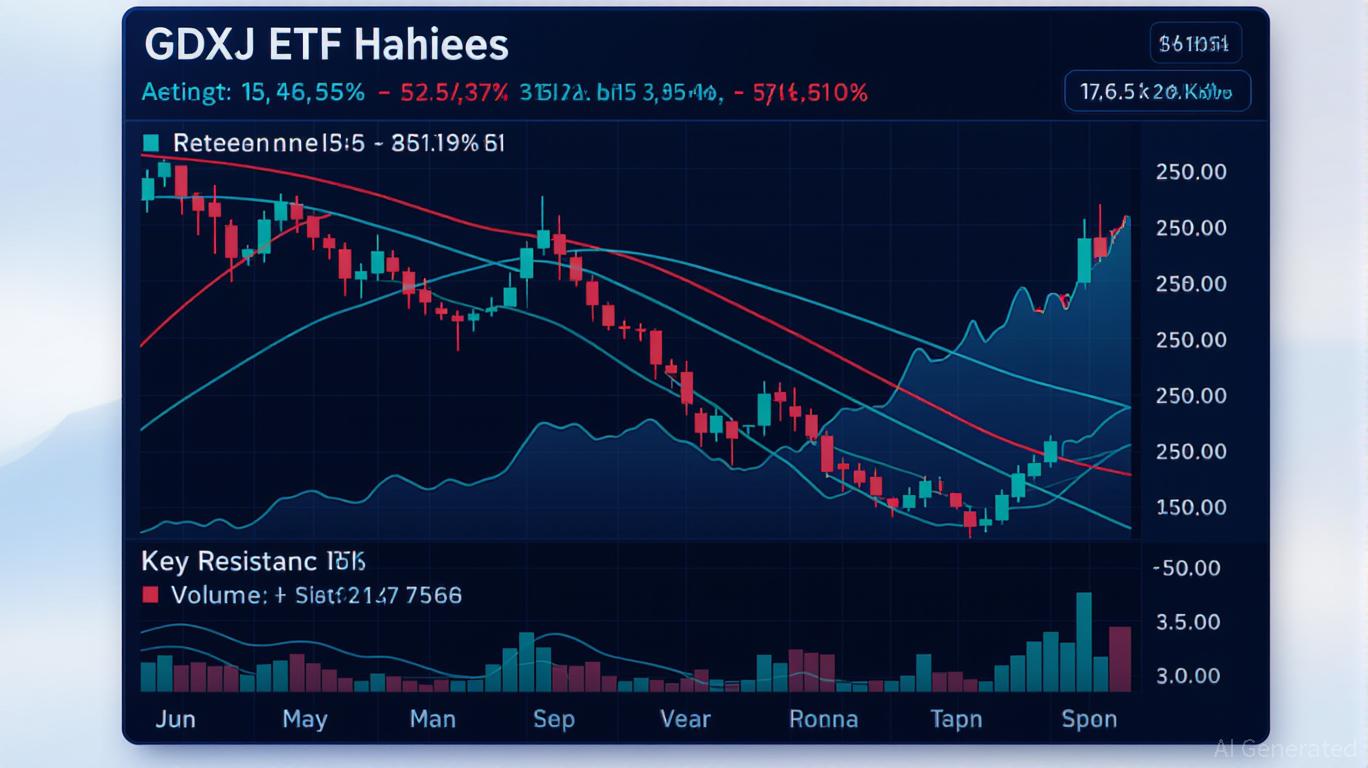Texas Senate Passes Bitcoin Reserve Bill With 80% Votes in Favor
Texas' Bitcoin Reserve bill cleared the Senate with strong bipartisan support. Without mandatory Bitcoin purchases, it now moves to the House for a final vote.
Texas Bitcoin Reserve proposal passed a Senate vote with 25 out of 30 votes in favor. It will require another vote in the House of Representatives to reach the Governor and become law, but the progress is very encouraging.
Several other state-level reserve proposals failed due to Republican Party defections. In Texas, however, most Democrats voted in favor. This bill does not trigger mandatory Bitcoin purchases yet, which was a major sticking point with fiscal conservatives.
Texas Could Get a Bitcoin Reserve Soon
Throughout several states in the US, pro-crypto lawmakers are trying to pass small-scale Bitcoin Reserves. Texas’ effort has been a particular point of interest, and the state’s Lieutenant Governor has enthusiastically supported the proposal.
Last week, the Bitcoin Reserve bill in Texas passed through Committee, and today, it succeeded a Senate vote 25-5.
“The Texas Bitcoin Reserve Bill passed the Senate with some Democrat support. (The final vote was 25 – 5, and there are 11 Democrat Senators). If there is similar cross-aisle support in the House, then the bill’s prospects for success are good,” a legislative watchdog claimed on social media.
The effort to pass a Bitcoin Reserve in Texas has been an important piece of crypto regulation for several reasons. Obviously, Texas is a large and economically vital area, with the second-largest GDP of all US states.
Additionally, this effort represents a crucial chance to defeat a losing streak in state-level Reserve bills.
Essentially, these bills would trigger up to $23 billion in Bitcoin purchases nationwide, which thrilled the crypto community. There’s just one problem: the Republican Party values fiscal conservatism.
Montana lawmakers rejected spending tax dollars on Bitcoin, and a wave of other red states followed soon after.
Crucially, however, Texas’ Bitcoin Reserve proposal did not mandate this spending. If the state government wishes to purchase Bitcoin, ideally from the large local mining industry, it can do so.
However, approval at this stage does not inevitably trigger this sort of spending, and now Texas can join states like Utah and Arizona as the leaders in this race.
 Texas’ Position in the Bitcoin Reserve Race. Source:
Bitcoin Laws
Texas’ Position in the Bitcoin Reserve Race. Source:
Bitcoin Laws
What’s Next for the BTC Reserve Bill in Texas?
Despite today’s win, the fight for a Texas Bitcoin Reserve is far from over. The bill will now move to the state’s House of Representatives, which has more than five times as many members.
More specifically, the Texas House of Representatives has 89 Republican members and 62 Democrats. In theory, this should be a clear win, as Republicans are largely pro-crypto.
 Texas Legislature. Source:
X/Bitcoin Laws
Texas Legislature. Source:
X/Bitcoin Laws
However, this wasn’t the case in Montana, North Dakota, South Dakota, Pennsylvania, and Wyoming, where several Republican members voted against the respective BTC reserve bills.
The Texas bill passed the Senate with near-unanimous support, but it might be more contentious before a larger body. In any event, it’s a win, and the Bitcoin Reserve efforts could use a victory right now.
Disclaimer: The content of this article solely reflects the author's opinion and does not represent the platform in any capacity. This article is not intended to serve as a reference for making investment decisions.
You may also like
COAI Experiences Steep Price Drop: Opportunity for Contrarian Investors or Red Flag for Junior Gold Mining Stocks?
- COAI refers to both ChainOpera AI and junior gold miners' index, with this analysis focusing on the latter's market dynamics. - Junior gold miners (GDXJ ETF) fell 27% in six months amid dollar strength, inflation fears, and overbought conditions after a 128.8% rally. - Technical indicators show bearish signals: broken trend channels, negative volume balance, and RSI divergence, though long-term bull trends persist. - GDXJ's 163.9% surge outpaced gold bullion gains, creating valuation gaps, while ChainOpe

Silver Soars Amid Ideal Conditions of Policy Shifts and Tightening Supply
- Silver surged to $52.37/oz as Fed rate cut expectations (80% probability) and falling U.S. Treasury yields boosted demand for non-yielding assets. - China's record 660-ton silver exports and 2015-low Shanghai warehouse inventories intensified global supply constraints, pushing the market into backwardation. - Geopolitical risks (Ukraine war) and potential U.S. silver tariffs added volatility, while improved U.S.-China relations eased short-term trade concerns. - Prices face critical $52.50 resistance; Fe
XRP News Today: As XRP Declines, Retail Investors Turn to GeeFi's Practical Uses
- GeeFi's presale hits 80% of Phase 1 goal with $350K raised, targeting 3,900% price growth as XRP declines 20% monthly. - GEE's utility-driven features like crypto cards, multi-chain support, and 55% staking returns contrast with XRP's institutional dependency and shrinking retail base. - Deflationary tokenomics and 5% referral bonuses drive FOMO, positioning GeeFi as a 2026 crypto disruptor amid XRP's regulatory and adoption challenges.

Sloppy implementation derails MegaETH's billion-dollar stablecoin aspirations
- MegaETH abandoned its $1B USDm stablecoin pre-deposit plan after technical failures disrupted the launch, freezing deposits at $500M and issuing refunds. - A misconfigured Safe multisig transaction allowed early deposits, causing $400M inflows before the team scrapped the target, citing "sloppy execution" and operational misalignment. - Critics highlighted governance flaws, uneven access (79 wallets >$1M vs. 2,643 <$5K deposits), and 259 duplicate addresses, raising concerns about transparency and bot ac

